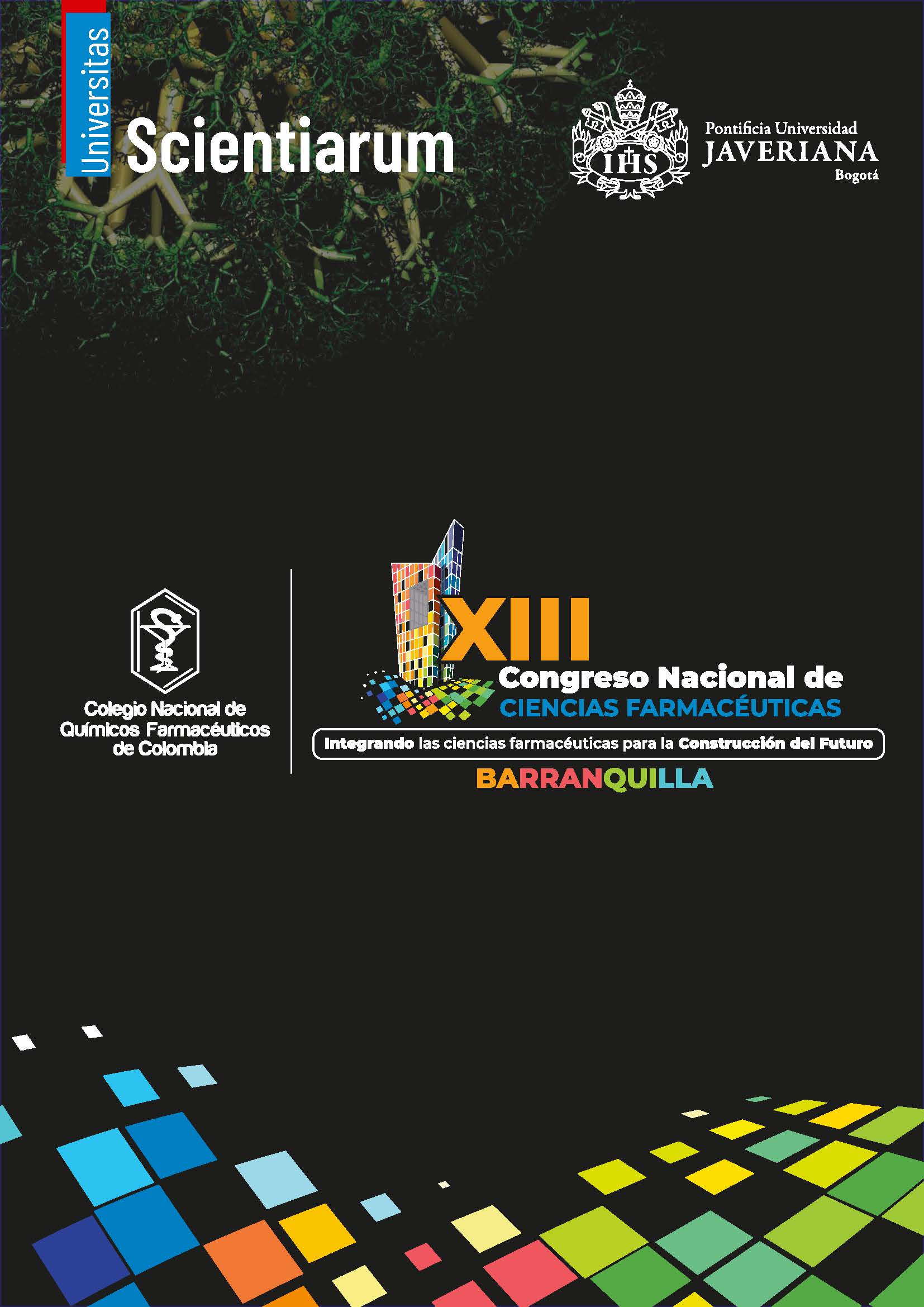Abstract
Inflammatory bowel disease (IBD) is a chronic and increasingly prevalent condition, associated with inflammation and oxidative stress. Citrus flavonoids possess anti-inflammatory and antioxidant properties, with therapeutic potential in colitis. The preventive effect of the peel of the Tahitian lime (Citrus latifolia), a by-product rich in bioactive compounds and largely underutilised, was evaluated in a dextran sulfate sodium (DSS)-induced colitis model. An extract from Tahiti lime peel was obtained through lyophilization, grinding, and extraction with 60% ethanol. It was characterized by its phenolic and flavonoid content, as well as its in vitro antioxidant activity (DPPH and ABTS assays). Subsequently, its preventive effect was evaluated in a DSS-induced colitis model in CD-1 mice. The experimental design included three groups (healthy control, DSS, and DSS + extract), with oral administration for five days before induction and a 20-day follow-up. Colon length and weight were analyzed, along with histopathological studies. The Tahiti lime peel extract showed a high phenolic content (291.71 mg GAE/g) and flavonoid content (187.81 mg QE/g), along with significant in vitro antioxidant activity (DPPH: 232.09 µmol Trolox/g; ABTS: 442.9 µmol Trolox/g), comparable to well-known sources such as blueberries. This effect is attributed to the flavonoids’ ability to neutralize free radicals due to their phenolic structure. In the murine model of colitis induced with 5% DSS, the extract administered preventively reduced weight loss, disease activity index, and macroscopic damage, as well as improving the histological architecture of the colon by preserving the mucosa and promoting crypt regeneration. These results suggest a protective effect against colitis, mediated by the reduction of oxidative stress. In summary, this study revealed that Tahiti lime peel extract possesses remarkable in vitro antioxidant activity, as well as high phenolic and flavonoid content. These properties significantly contributed to its ability to mitigate DSS-induced colitis in CD-1 mice. The results showed that the extract markedly reduced damage to the colonic mucosa, as evidenced by a reduction in disease signs such as weight loss, diarrhea, and histological alterations in tissue architecture.

This work is licensed under a Creative Commons Attribution-NonCommercial 4.0 International License.


